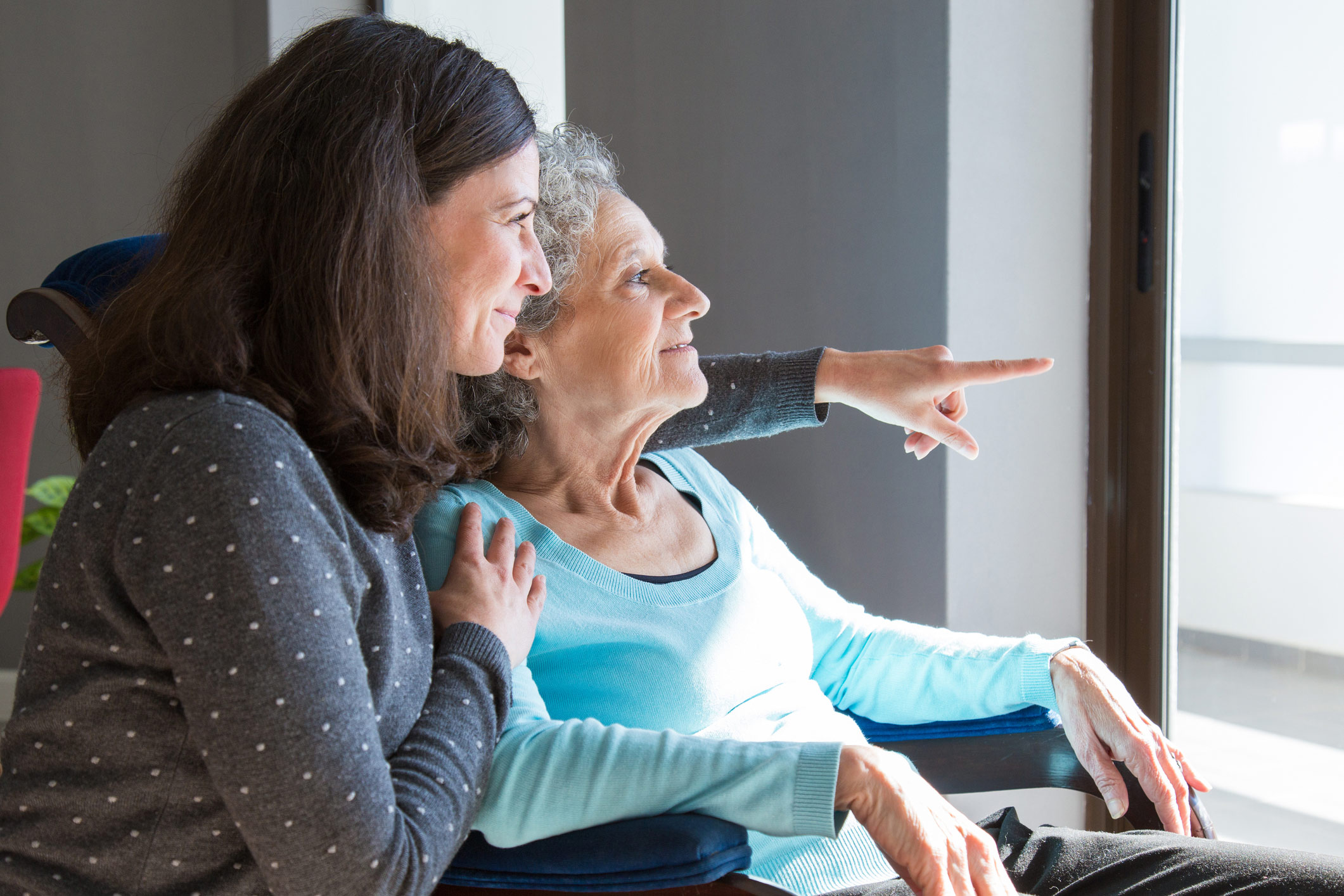
-
Table of Contents
“Managing Aging Parents: Nurturing Love, Balancing Life”
Managing Aging Parents: Balancing Caregiving Responsibilities with Personal Life
As our parents age, it becomes increasingly important to navigate the challenges of caregiving while also maintaining a fulfilling personal life. The role reversal of becoming a caregiver to our aging parents can be emotionally and physically demanding, often requiring significant time and energy. Balancing these responsibilities with our own personal needs and commitments can be a delicate juggling act. In this article, we will explore strategies and tips for managing aging parents, ensuring their well-being while also taking care of ourselves and maintaining a healthy work-life balance.
Strategies for Managing Caregiving Responsibilities and Personal Life
Managing Aging Parents: Balancing Caregiving Responsibilities with Personal Life
Caring for aging parents can be a challenging and overwhelming task. As their health declines and their needs increase, it can feel like a never-ending juggling act to balance caregiving responsibilities with your own personal life. However, with some careful planning and effective strategies, it is possible to find a balance that allows you to provide the care your parents need while still taking care of yourself.
One of the most important strategies for managing caregiving responsibilities and personal life is to establish clear boundaries. It is crucial to set realistic expectations for yourself and others involved in the caregiving process. Communicate openly with your siblings or other family members about the level of care you can provide and ask for their support. By clearly defining your role and limitations, you can avoid feeling overwhelmed and prevent burnout.
Another effective strategy is to create a schedule and stick to it. Establishing a routine can help bring structure and predictability to your caregiving responsibilities. Plan specific times for tasks such as doctor’s appointments, medication management, and personal care. By organizing your time, you can ensure that you have dedicated periods for yourself and your personal life. This will help prevent feelings of guilt or neglect towards your own needs.
In addition to creating a schedule, it is important to delegate tasks and ask for help when needed. You don’t have to do everything on your own. Reach out to other family members, friends, or even professional caregivers to share the responsibilities. Assign specific tasks to each person involved, such as grocery shopping, meal preparation, or transportation. By sharing the workload, you can lighten the burden on yourself and have more time for your personal life.
Taking care of your own physical and mental well-being is crucial when managing caregiving responsibilities. Make sure to prioritize self-care activities such as exercise, relaxation techniques, and hobbies that bring you joy. Set aside time each day for activities that recharge and rejuvenate you. Remember, you cannot effectively care for others if you are not taking care of yourself.
Another important strategy is to seek support from outside resources. There are numerous organizations and support groups available for caregivers. These groups can provide valuable information, resources, and emotional support. They can also offer guidance on navigating the challenges of caregiving and help you connect with others who are going through similar experiences. Don’t hesitate to reach out and take advantage of these resources.
Lastly, it is essential to maintain open and honest communication with your aging parents. Talk to them about their needs, preferences, and expectations. Involve them in decision-making processes as much as possible. By having these conversations, you can better understand their desires and provide care that aligns with their wishes. This will not only improve the quality of care but also strengthen your relationship with your parents.
In conclusion, managing caregiving responsibilities and personal life when caring for aging parents requires careful planning and effective strategies. By establishing clear boundaries, creating a schedule, delegating tasks, prioritizing self-care, seeking support, and maintaining open communication, you can find a balance that allows you to provide the care your parents need while still taking care of yourself. Remember, caregiving is a journey, and it is important to be kind to yourself along the way.
Finding Support and Resources for Balancing Caregiving and Personal Life
Managing Aging Parents: Balancing Caregiving Responsibilities with Personal Life
Finding Support and Resources for Balancing Caregiving and Personal Life
Caring for aging parents can be a challenging and demanding responsibility. As a caregiver, it is crucial to find support and resources that can help you balance your caregiving duties with your personal life. This article will explore various avenues for finding the support and resources you need to maintain a healthy balance.
One of the first steps in finding support is to reach out to your local community. Many communities have organizations and support groups specifically designed for caregivers. These groups can provide a safe space for you to share your experiences, seek advice, and find emotional support from others who are going through similar situations. Additionally, these groups often organize educational workshops and seminars that can equip you with the necessary skills and knowledge to better care for your aging parents.
In addition to community organizations, there are also numerous online resources available to caregivers. Websites and forums dedicated to caregiving offer a wealth of information, tips, and advice from experts and experienced caregivers. These online communities can be a valuable source of support, especially for those who may not have access to local support groups or who prefer the anonymity of online interactions.
Another avenue for finding support is through professional services. Caregiving can be physically and emotionally exhausting, and it is essential to take care of your own well-being. Hiring a professional caregiver to provide respite care can give you the much-needed break to recharge and attend to your personal life. Additionally, seeking therapy or counseling can help you navigate the emotional challenges that come with caregiving and provide you with coping strategies to maintain a healthy work-life balance.
Financial support is another aspect that caregivers often need assistance with. Caring for aging parents can be costly, and it is essential to explore financial resources that can alleviate some of the financial burdens. Government programs, such as Medicaid and Medicare, may provide financial assistance for certain medical expenses. Additionally, there may be local or national organizations that offer grants or financial aid specifically for caregivers. Researching and reaching out to these resources can help ease the financial strain and allow you to focus on providing quality care for your aging parents.
Lastly, it is crucial to communicate and delegate responsibilities within your family. Caregiving should not fall solely on one person’s shoulders. Having open and honest conversations with your siblings or other family members about the caregiving responsibilities can help distribute the workload more evenly. Each family member can contribute in their own way, whether it is through financial support, running errands, or providing emotional support. By sharing the responsibilities, you can ensure that you have time for your personal life while still providing the care your aging parents need.
In conclusion, finding support and resources is essential for caregivers to maintain a healthy balance between caregiving responsibilities and personal life. Community organizations, online resources, professional services, financial assistance, and family communication are all avenues to explore when seeking support. Remember, taking care of yourself is just as important as taking care of your aging parents. By finding the right support and resources, you can navigate the challenges of caregiving while still maintaining a fulfilling personal life.
Self-Care Tips for Caregivers Balancing Responsibilities with Personal Life
Caring for aging parents can be a challenging and demanding responsibility. As a caregiver, it is crucial to find a balance between taking care of your loved ones and taking care of yourself. Neglecting your own needs can lead to burnout and negatively impact your ability to provide quality care. In this section, we will discuss some self-care tips for caregivers who are balancing their responsibilities with their personal life.
First and foremost, it is essential to prioritize your own well-being. This means taking care of your physical, emotional, and mental health. Make sure to eat a balanced diet, exercise regularly, and get enough sleep. Taking care of your own health will give you the energy and stamina needed to care for your aging parents.
In addition to physical health, it is crucial to address your emotional and mental well-being. Caregiving can be emotionally draining, so it is essential to find healthy outlets for stress and emotions. Consider joining a support group for caregivers, where you can share your experiences and receive support from others who are going through similar situations. Talking to a therapist or counselor can also be beneficial in helping you navigate the challenges of caregiving.
Another important aspect of self-care is setting boundaries. It is easy to become overwhelmed and feel like you need to do everything for your aging parents. However, it is essential to recognize your limitations and ask for help when needed. Delegate tasks to other family members or consider hiring a professional caregiver to assist with certain responsibilities. Remember, you are not alone in this journey, and it is okay to ask for help.
Taking breaks and finding time for yourself is also crucial. Caregiving can be a 24/7 job, but it is essential to carve out time for your own interests and hobbies. Whether it is reading a book, going for a walk, or spending time with friends, make sure to schedule regular breaks to recharge and rejuvenate. Taking care of yourself is not selfish; it is necessary for your own well-being.
Additionally, it is important to maintain a social support network. Caregiving can be isolating, so make an effort to stay connected with friends and family. Reach out to your support system when you need a listening ear or a helping hand. Having a strong support network can provide emotional support and practical assistance when needed.
Lastly, do not forget to celebrate the small victories and practice gratitude. Caregiving can be challenging, but it is also an opportunity to create meaningful connections and make a positive impact on your loved one’s life. Take time to appreciate the moments of joy and find gratitude in the role you play as a caregiver.
In conclusion, managing aging parents while balancing caregiving responsibilities with your personal life requires self-care. Prioritizing your own well-being, setting boundaries, taking breaks, maintaining a social support network, and practicing gratitude are all essential aspects of self-care for caregivers. Remember, taking care of yourself is not selfish; it is necessary to provide the best care for your aging parents. By practicing self-care, you can find a balance that allows you to be a compassionate and effective caregiver while also taking care of your own needs.In conclusion, managing aging parents and balancing caregiving responsibilities with personal life can be a challenging task. It requires careful planning, open communication, and support from family members and external resources. It is important for caregivers to prioritize self-care and seek assistance when needed to prevent burnout and maintain a healthy balance between their caregiving responsibilities and personal life.








